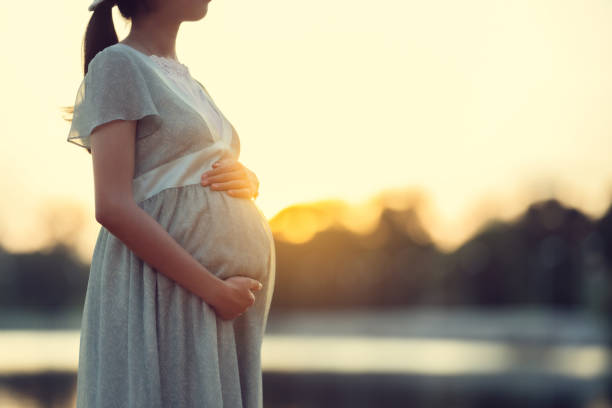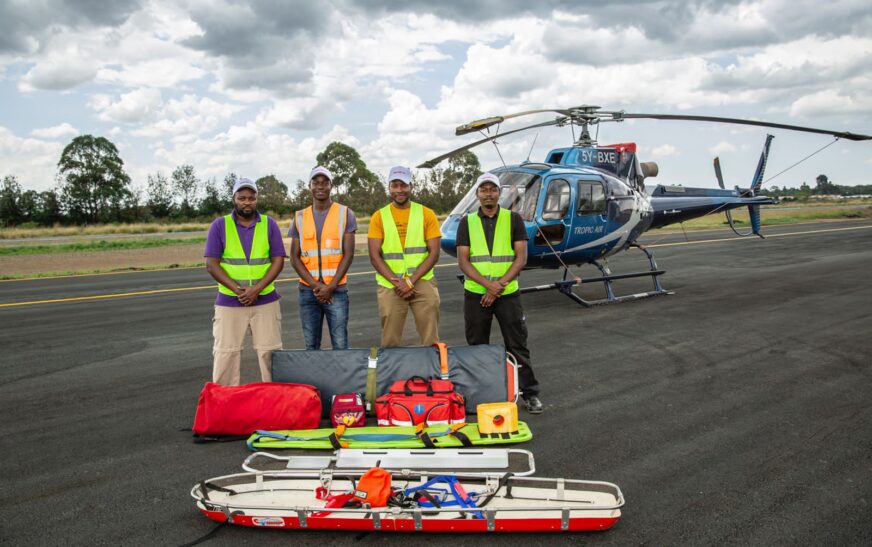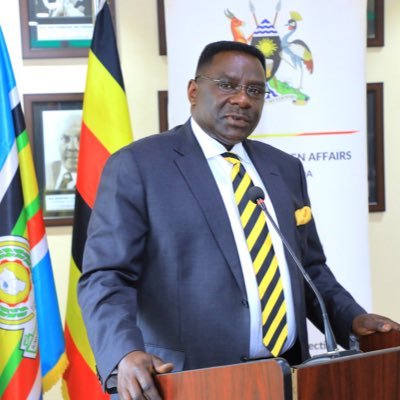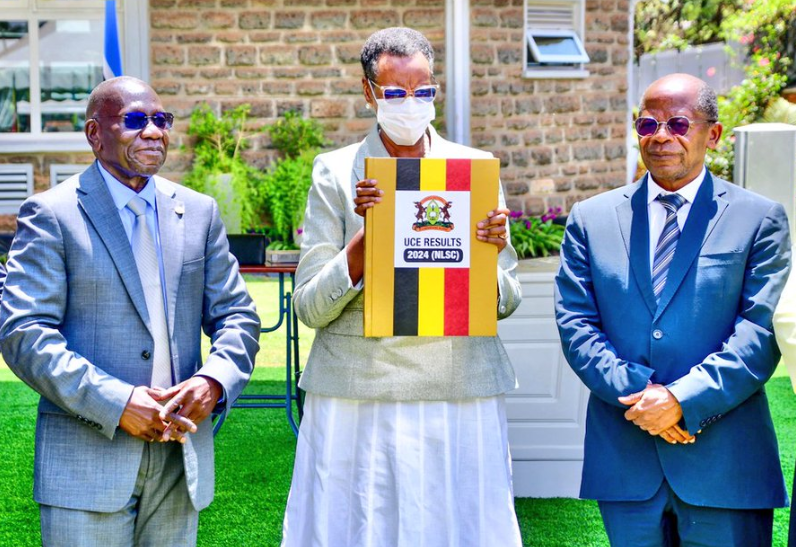More than 21 million adolescent girls become pregnant each year in low and middle-income countries, around half of which are unintended. With impacts on girls’ education, social connection and future employment prospects, early pregnancy can create cycles of intergenerational poverty that become difficult to break.
It also brings serious health risks, including relatively higher rates of infections and preterm births as well as complications from unsafe abortions – linked to particular challenges in accessing safe and respectful care.
In response, WHO has released a new guideline focused on preventing adolescent pregnancy and addressing the significant health risks it brings.
Among other strategies, the guideline urges rapid action to end child marriage, extend girls’ schooling, and improve access to sexual and reproductive health services and information – all critical factors for reducing early pregnancies among teenagers around the world.
Immunization for All is Humanly Possible
Vaccines are one of humanity’s greatest achievements. Over the last 50 years, essential vaccines have saved at least 154 million lives. That’s 6 lives a minute, every day, for five decades.
There are more lives to be saved by building on these achievements. The future of immunization means not only reaching millions of children who have never received a single shot, but protecting grandparents from influenza, babies from malaria and RSV, pregnant mothers from tetanus, and young girls from HPV.
Decades of collaborative efforts between governments, aid agencies, scientists, healthcare workers, and parents got us to where we are today –– a world where we’ve eradicated smallpox and almost eradicated polio.
World Immunization Week 2025 highlights that “Immunization for All is Humanly Possible” by showing how communities can enjoy less disease and more life through vaccines. It also calls on governments to strengthen immunization programmes, turning vaccines into real protection for everyone.
Learn more about how vaccines work, how they’re developed and distributed and how their safety is carefully monitored.
Vaccines: Myths, Facts and What WHO says
Should kids just “get the disease” instead of being vaccinated? Can vaccines really overwhelm a child’s immune system? Who decides what vaccines we get—and why? If you’re a new parent with questions about vaccines, you’re not alone.
This World Malaria Day, WHO is calling for revitalized efforts at all levels, from global policy to community action, to accelerate progress towards malaria elimination.
In the late 1990s, world leaders laid the foundation for remarkable progress in global malaria control, including preventing more than 2 billion cases of malaria and nearly 13 million deaths since 2000.
To date, WHO has certified 45 countries and 1 territory as malaria-free, and many countries with a low burden of malaria continue to move steadily towards the goal of elimination. Of the remaining 83 malaria-endemic countries, 25 reported fewer than 10 cases of the disease in 20





















